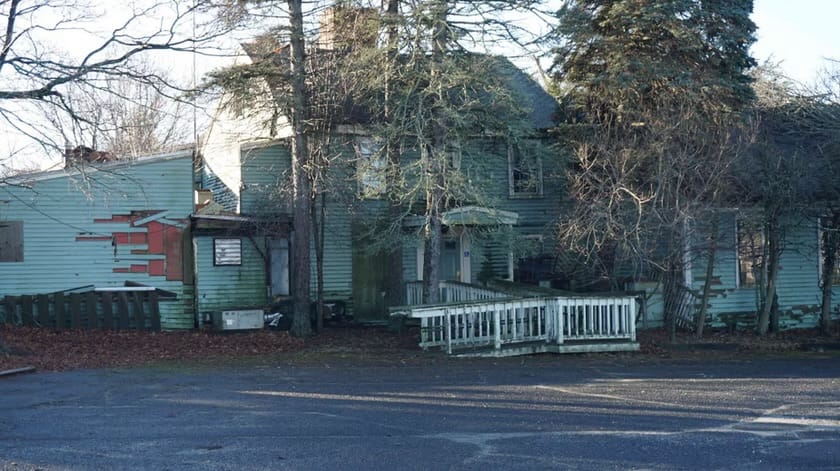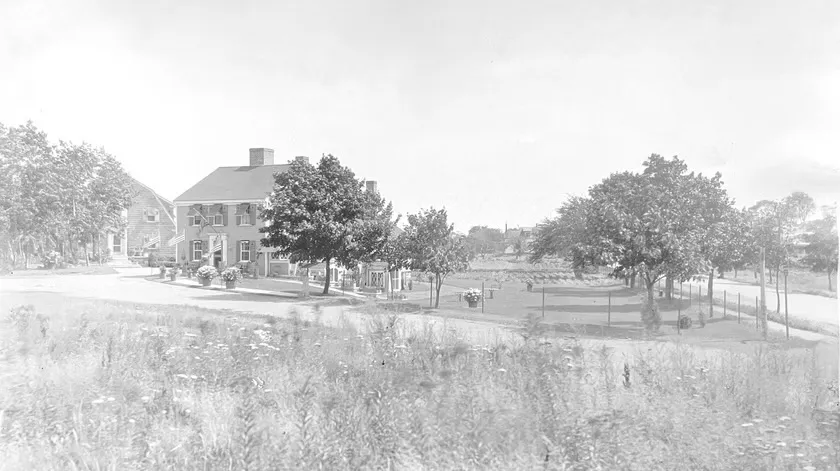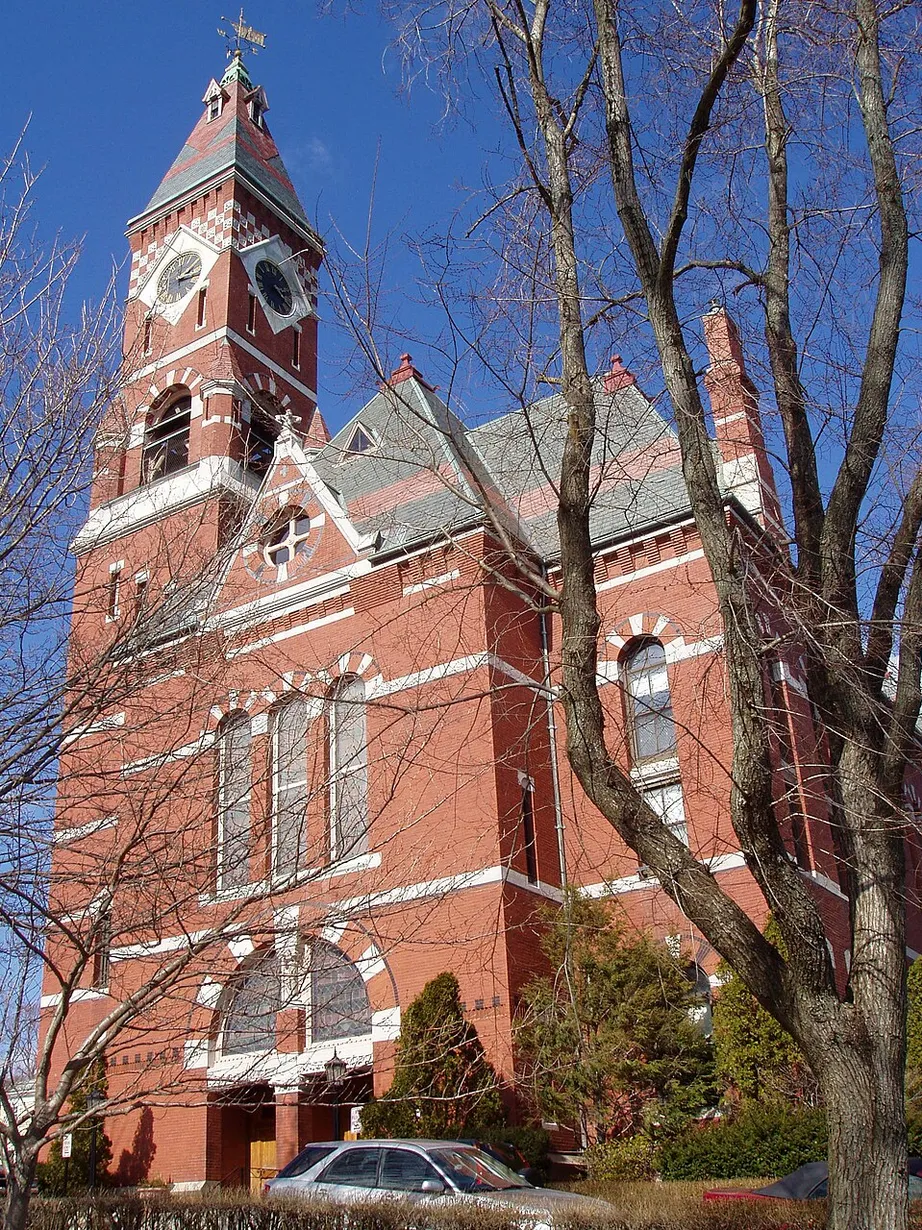Table of Contents
The Swampscott Historical Commission voted unanimously Oct. 20 to impose a nine-month demolition delay on the General John Glover Farmhouse, giving preservationists until July 2026 to raise funds and negotiate with the developer seeking to demolish the Revolutionary War hero’s final home.
The delay, which expires July 20, 2026, comes two weeks after the 250th anniversary of American Independence and marks a critical window for advocates working to save the 18th-century structure at 299 Salem St.
Nancy Schultz, chair of the Swampscott Historical Commission, said the timing carries special significance for the preservation campaign.

Built between 1730 and 1750, the farmhouse was originally part of land purchased by the William Browne family before Glover acquired it. The property spans approximately 4 acres across Swampscott and Marblehead town lines. Glover, credited with saving George Washington’s army three times during the Revolutionary War, including the famous Christmas night Crossing of the Delaware River in 1776, lived in the home until his death.
The commission’s vote followed a packed public hearing at Swampscott Elementary School where about 60 residents voiced support for preservation. Testimony included emotional appeals from Lee Silverman, a seventh-generation direct descendant of Glover who traveled from Brunswick, Maine, and Meghan Perlow of Marblehead, whose third-grade son Logan has become invested in saving the structure.
Schultz said the community response has been overwhelming since a mid October hearing.
“I have had so much follow up. People offering to, you know, volunteer, asking how they can help,” she said.
Preservationists have hired a professional fundraiser to help run a campaign with an initial target of $2 million by December to restore the building’s exterior. A town donation account is being established to collect contributions.
“We’re hoping to get more,” Schultz said of the fundraising goal. “If we could raise $2 million by December, that would be fantastic.”
The campaign has already secured national attention through an article in Early American Life magazine, which Schultz said has 90,000 to 100,000 subscribers.
“This is a national story,” Schultz said. “Preservation is quite a topical article right now in the country, and here we are coming up on the 250th anniversary of the American Revolution.”
The Athanas family, which has owned the property since 1961, accepted an offer from National Development. A previous developer’s plans fell through due to economic concerns after facing community opposition. The current demolition permit filed July 21 specifically targets only the farmhouse portion of the property.
According to structural engineers, 70% to 75% of the original house remains intact despite sitting vacant for 30 years since operating as a restaurant.
Schultz said preservationists are planning a series of local and national fundraising events, with additional announcements expected in coming days. Information on how to donate is available on the Save the Glover website.



